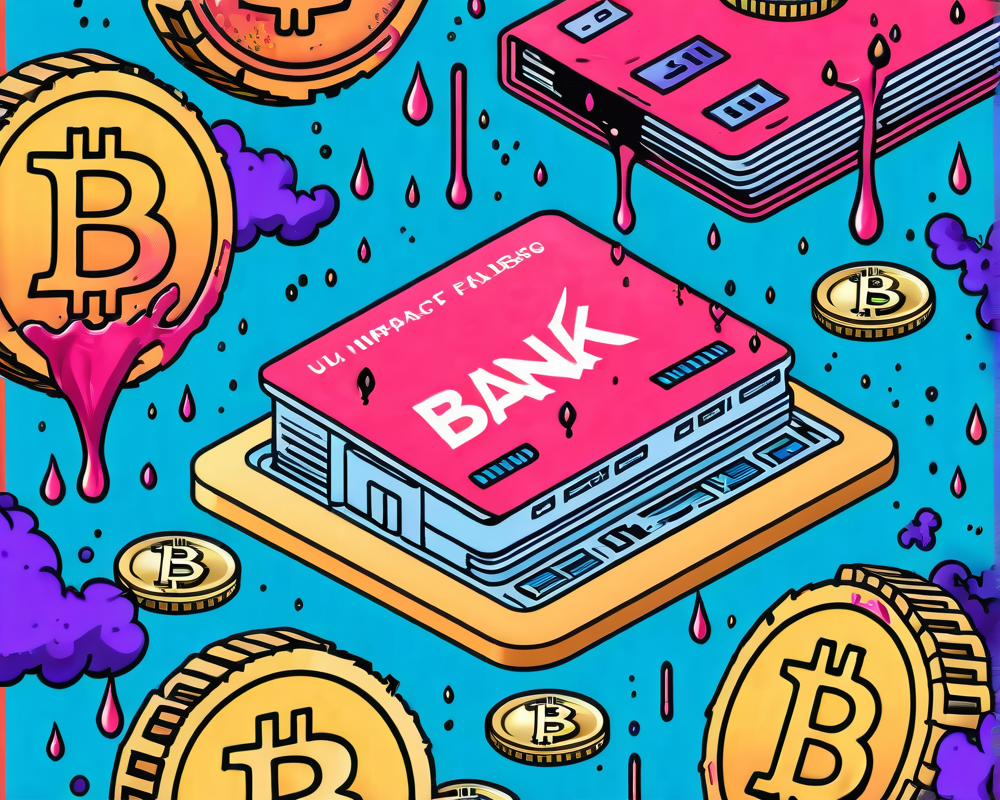The Crumbling Giants: A Quick Overview
Last week’s rapid downturn of prominent banks like Silvergate, Silicon Valley Bank (SVB), and Signature Bank has sent shockwaves through the financial world. These institutions weren’t just standard banks; they were key players serving the crypto community in the U.S.—and now they’re gone! Talk about a plot twist!
The Collapse Breakdown: Causes and Consequences
It seems most experts point fingers at market conditions and poor risk management as the culprits behind SVB and Silvergate’s demise. It’s like that classic horror movie: the trusted characters slowly unraveling until they become victims of their own distrustful decisions.
- SVB: Caught in the grips of market decline, this bank was an example of what happens when optimism meets reality.
- Silvergate: Once a beacon for crypto banking, its rapid fall illustrates the precariousness of our banking ecosystem.
Signature Bank: A Controversial Shutdown
Now, let’s talk Signature Bank. Entering the scene with less fanfare yet ripe for scrutiny, many insiders argue the bank was on solid ground when regulators pulled the plug. Could this have been a political move aimed at crypto? Conspiracy theorists rejoice!
Ripple Effects: A Global Phenomenon
The repercussions of these banking failures aren’t just limited to American shores. Following SVB’s collapse, we witnessed a domino effect in global markets, notably with Credit Suisse staggering under financial strain. Talk about a banking drama that has everyone on the edge of their seats!
The Future of Crypto in a Changing Landscape
The loss of these banking giants complicates things for crypto companies that relied on them for transactions in the dollar-backed financial system. It’s like losing your favorite coffee shop—sure, you can make coffee at home, but it just isn’t the same. Moving forward, crypto firms will likely face hurdles in navigating this new landscape, seeking out alternatives, and adapting to regulations.



